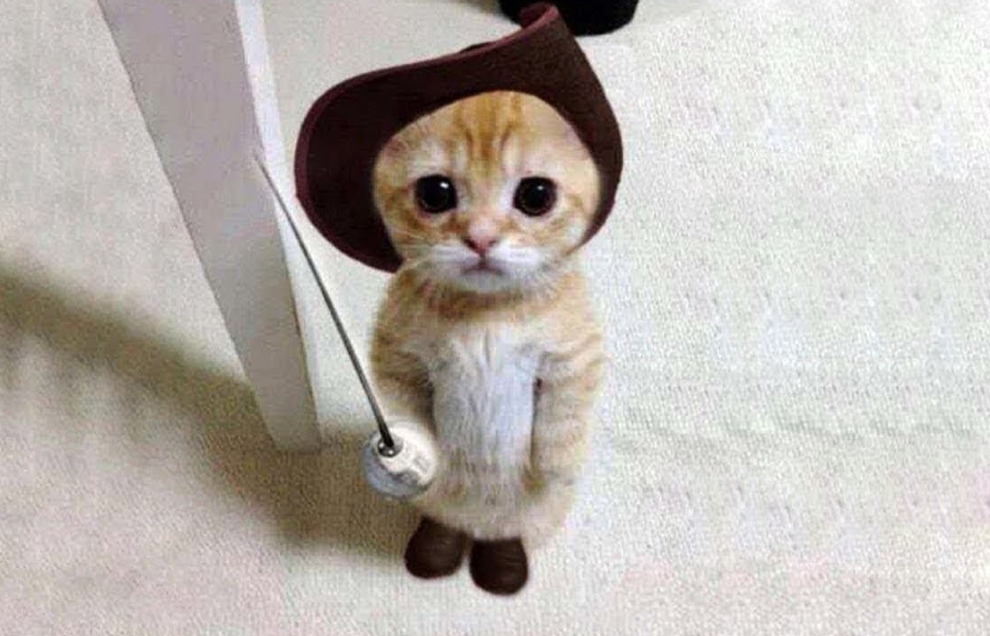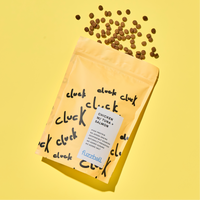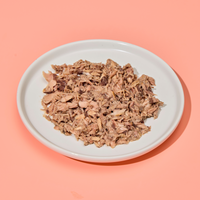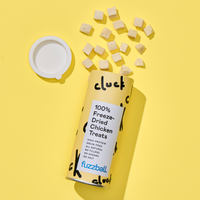Can Wet Cat Food Reduce the Risk of Kidney Disease?

Kidney disease is a common concern for cats, especially as they age, and diet plays a crucial role in managing their health. While there are many factors at play, the type of food you provide can make a significant difference. Wet cat food, known for its high moisture content, is often recommended for cats with kidney concerns. But can it truly help reduce the risk of kidney disease? In this blog, we’ll explore how wet cat food may support kidney health and why it could be a beneficial choice for your furry friend.
How Can I Prevent Kidney Disease In My Cat?
Cats should be fed a balanced diet with high-quality protein, minimal phosphorus, and controlled sodium levels to help prevent kidney damage. There are also specialised diets for renal health that help the kidneys work better by lessening their workload.
Why Do So Many Cats Get Kidney Disease?
The most common cause of kidney disease in cats is the ingestion of something toxic to the kidneys like lilies, human medications, antifreeze, pesticides and home cleaning products.
Can Wet Cat Food Reduce the Risk of Kidney Disease?
Wet food can reduce the risk of kidney disease. Studies show that the vast majority of kitties fed dry food diets live in a state of mild dehydration. This puts a lot of stress on the kidneys and bladder, which contributes to the development of urethral obstruction. The increased stress on the kidneys in cats, when fed dry foods exclusively, can ultimately lead to decreased kidney function. Cats eating commercial dry foods will consume approximately half the amount of water through drinking when compared with cats eating wet food.
When a cat consumes a wet, meat-based diet, the resulting urine has a natural acid pH and is more dilute than the urine of dry-food-fed cats. These conditions do not allow the formation of crystals and stones and eliminate inflammation.
It is even more crucial to boost water intake in senior cats to prevent dehydration because their urine tends to have a lower PH content.
Wet Food Ingredients You Should Avoid To Protect Your Cat’s Kidneys
To protect your cat's kidneys, you should avoid wet cat foods that are high in phosphorus, calcium, vitamin D, and sodium. Wet cat food with organ meats like chicken liver should also be avoided.

What Are the Contributing Factors To Kidney Disease In Cats?
Toxins
Lots of household items can harm kidneys, not just antifreeze. The petals, leaves and pollen of true lilies, even the water in their vase, can cause severe kidney injury when cats nibble, lick or chew them. Common medications, like aspirin, or prescribed medications can all cause kidney disease. Cats that are known for being finicky about food, and almost everything else, will still eat pills they find on the counter or floor, so keep all meds in cat-proof containers.
Protein Problem
Because protein deposits take the place of healthy tissue, cats with protein problems lose function in some organs, including the kidneys. Some breeds, such as the Abyssinian, Siamese, or Oriental shorthair, may have it genetically, or it may be a rare side effect of chronic inflammation that affects other parts of the body.
Genetics
In addition to being common in Persian and Abyssinian breeds, familial kidney disease is also present in more upscale breeds. Although the structural changes it brings about are irreversible, the disease cannot manifest until later in life. Many laboratories offer DNA testing for polycystic kidney disease, so responsible breeders can avoid breeding with the affected cats. Polycystic kidneys develop many small or large fluid-filled cysts, but the kidneys usually compensate until a later age.




